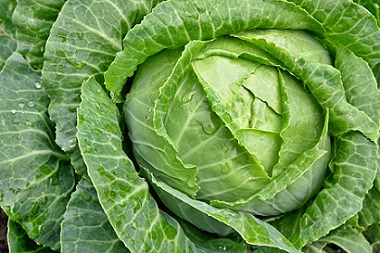The Agricultural Bank of Namibia (Agribank) says that despite the cash flow lending financing option offered by the bank under the Women and Youth Loan Scheme, agriculture entrepreneurs are unable to obtain ‘off-take agreements’ with potential buyers of their produce.
The bank says it made this discovery from its just-ended countrywide stakeholder engagement sessions on the scheme.
The cash flow lending facility that is targeted at the unemployed agriculture entrepreneurs requires clients to provide a valid off-take or supply agreement based on the project’s cash-flow projections.
The agreement is a commitment between the farmer (who is the producer) and an off-taker (who is the buyer of the produce) whereby the farmer commits to supply the produce and the off-taker pledges to buy the produce from the farm.
This agreement would then enable the farmer to receive a loan from Agribank in order to produce and supply the produce as according to the agreement.
“Agricultural entrepreneurs stated during the interactions that when they approached potential buyers/off takers for agreements, buyers/off takers are hesitant to enter into such agreements due to uncertainties with the consistency of delivery, quality of the produce being offered, and unsorted produce in terms of sizes and quality especially by horticulture producers,” says Mr Fillemon Nangonya, Agribank’s spokesperson.
However, Nangonya states that, as a front-liner in affordable agriculture financing options, Agribank is urging various potential buyers/off takers to support the intervention as they are key in the process of growing the local agricultural sector.
“Thus, Agribank is encouraging buyers/off takers such as retailers, to assist farmers with such agreements to fulfill ‘The Growth at Home Strategy’ of Government.
“Lastly, Agribank is urging Agri-business owners to work hard and meet the required standards of the buyers/off takers, through various arrangements such as joint-ventures when it comes to supply consistency concerns.”
In the photo: Cabbage is a common produce in Omusati Region, yet formal markets like shops are unwilling to sell cabbages from the region.







